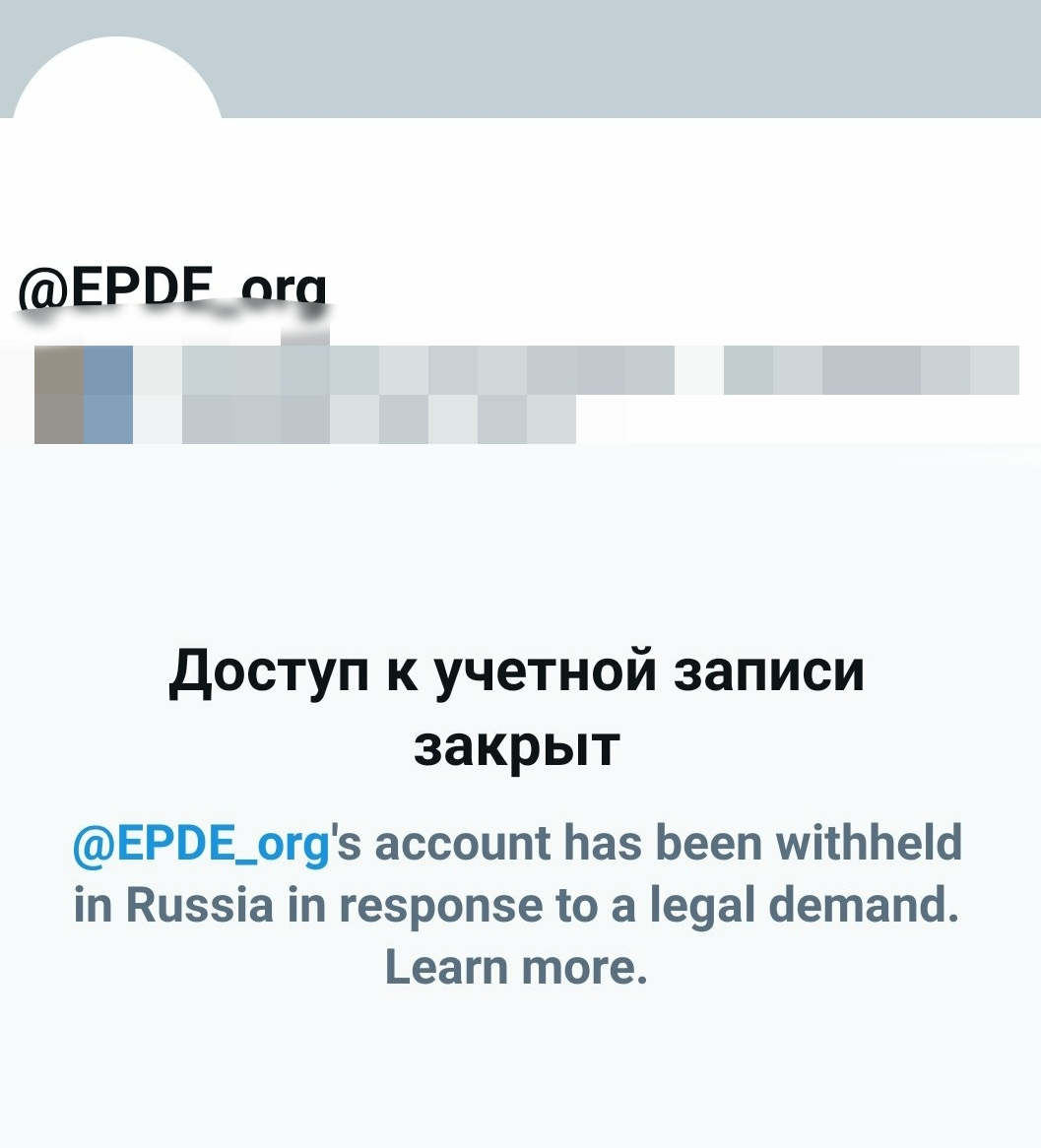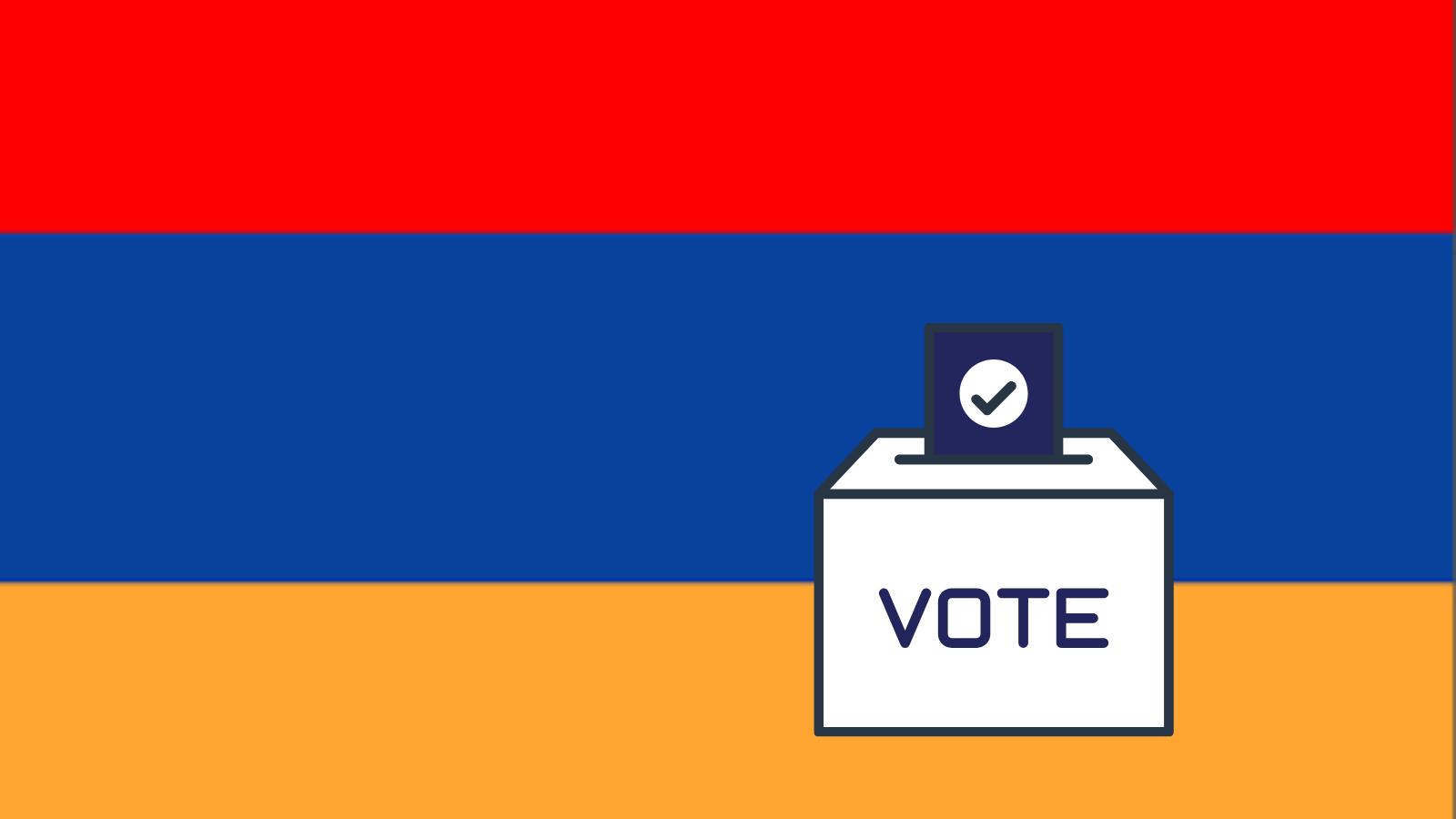Executive Summary
In Armenia, local elections are typically held on three or four dates per year with mayoral and city council elections to be held in different communities on the day closest to the end of the incumbents’ five-year terms.
The process of scheduling the local elections was disrupted by the state of emergency after the Covid-19 outbreak (March 2020), the martial law introduced in connection with the Karabakh war (September 2020) and the early elections conducted in June 2021. The local elections were also delayed due to the disrupted municipal amalgamation process which targeted larger cities of at least 4,000 registered voters. Thus, the revised local election dates for 2021, are October 17, November 14 and December 5.
In most of the municipalities, proportional election will be implemented in line with the recent electoral reform. The proportional model is expected to help political party institutionalization and also expand the representation of women. The reform also lowered the electoral threshold at the municipal level from 6% and 8% for political parties and alliances, respectively, to 4% and 6%. Other issues relating to bonus seats and the election of mayor by secret ballot have also been addressed.
Read also
Autumn 2021 marks the first time these amendments will apply, as a majority of the country, including all 10 regional capitals (but not Yerevan), will elect new city councils.
As no local elections have been held for a year and a half, the five-year terms of some mayors have already expired. In a controversial move, Nikol Pashinyan’s Civil Contract Party government has taken advantage of the situation to remove incumbent mayors and replace them with loyalist appointees, who serve as Acting Mayor ahead of the next election in which they head the Civil Contract party list.
Three different styles of ballots will be implemented which makes it difficult to explain voter how to fill out the ballot. Towns with under 4,000 registered voters will continue to use the majoritarian system. In Gyumri and Vanadzor, voters will receive separate ballot papers for each political party and place one in an envelope, which they drop into the ballot box (this system should avoid so called “carousel voting”). In the course of the Electoral Law reform in May 2021, a third system was introduced in which voters receive one ballot paper with the names of all participating political parties (in random or alphabetical order). This system has been criticized as it once again requires the use of a pen and roll back provisions against carousel voting.
Also, the Electoral Code does not require that polling stations have livestreaming cameras installed, which is the case for parliamentary elections.
EPDE






















































